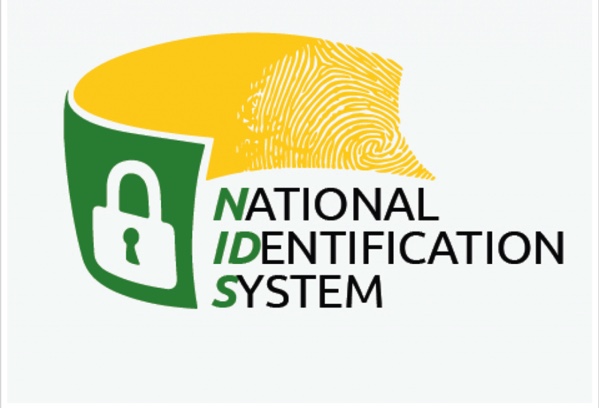

When you are employed by a company, it is understood that with that comes your loyalty, reciprocal ethical behaviour and an adherence to a code of conduct.
What is not expected is that an employee, let alone a senior executive, will give vital information to competitors and send off what should be confidential emails to outside parties.
It is wrong to share confidential information with a competitor and, if one is discovered doing so, the prospect of being dismissed is a distinct one.
HR departments and office managers operate with the implicit understanding that its employees will have the good grace and the wherewithal not to engage in behaviour that undermines your place of work. Hence there is little need to be constantly monitoring and policing email activity.
GIVING AWAY COMPANY SECRETS
It’s unlikely that employees will be brought before the bosses if they sent off an email that in effect says, in all likelihood, they will be unable to make it home for dinner on time or for that matter cannot pick up the kids from swimming due to a work matter.
It becomes concerning when what you are doing can be deemed giving away company secrets without authorisation.
Catherine Allen was once an actuary at Guardian Life Limited, the Jamaican subsidiary of regional insurance giant, Guardian Holdings Limited.
It is a trusted position where she would be privy to sensitive information that could determine the fortunes and misfortunes of the company with which she signed a contract of employment.
Having been dismissed by Guardian Life, Allen’s grievance was considered before Jamaica’s Industrial Disputes Tribunal.

In her evidence, she revealed that she was summoned to a meeting presided by Guardian Life boss Eric Hosin where she was told she was to be dismissed forthwith as her position as an actuary was being made redundant. As is often the case, the company moved quickly to take away her company car and take possession of her computer.
It later turned out that the company, while going through her computer, discovered that she had divulged confidential information to outside parties, including a major competitor.
Now that’s pretty naughty and likely to get you in a lot of trouble. Putting it bluntly, it is a sackable offence.
POTENTIALLY DETRIMENTAL IMPACT ON COMPANY
Now this is where the ruling by the tribunal gets interesting.
It found: “Based on the evidence presented and the position Ms Allen occupied, the sharing of such highly confidential information could have had a detrimental impact on the company.
“The evidence of Mr Tewari (former CEO OF Guardian Holdings) is that the information shared by Ms Allen with a competitor could allow them (competitor) to gauge the financial scope and position of the company, giving them a strategic competitive advantage.”
“The tribunal finds Ms Allen was unjustifiably dismissed, but has taken note of her egregious behaviour that contributed to her dismissal as well as the fact that she had mitigated her loss.”
Industrial Disputes Tribunal
Though the tribunal acknowledges what Allen did was in fact wrong, it decided that, procedurally, Guardian Life went about her dismissal the wrong way. Rather than make her redundant, she should have remained at the company to be subjected to an investigation for company breaches.
“The tribunal finds Ms Allen was unjustifiably dismissed, but has taken note of her egregious behaviour that contributed to her dismissal as well as the fact that she had mitigated her loss.”
Hardly a Solomonesque outcome, considering a clear case of a breach of fiduciary duty. Somewhere in the decision-making process, the letter of the law and the spirit of the law did not conjoin.
Allen, it was revealed, managed to move over 1,000 missives from her corporate email to her personal email with some making their way to her husband and a friend.

The issue of guarding and protecting people’s confidential data is a topical one, particularly in light of the Jamaican Government’s plans to implement the National Identification System (NIDS). But the concerns are very real and a number of eyebrow-raising breaches are already being seen.
In this particular case, it is alleged that Allen shared an email that contained a spreadsheet with a large number of Guardian Life’s group health clients, together with salient information on them.
Allen maintains this was not confidential but it is not a stretch to surmise this is disturbing for Guardian Life’s reputation and business operations.
The Tribunal made an award of J$15 million to Allen and held it was an “unjustifiable dismissal”.







Comments